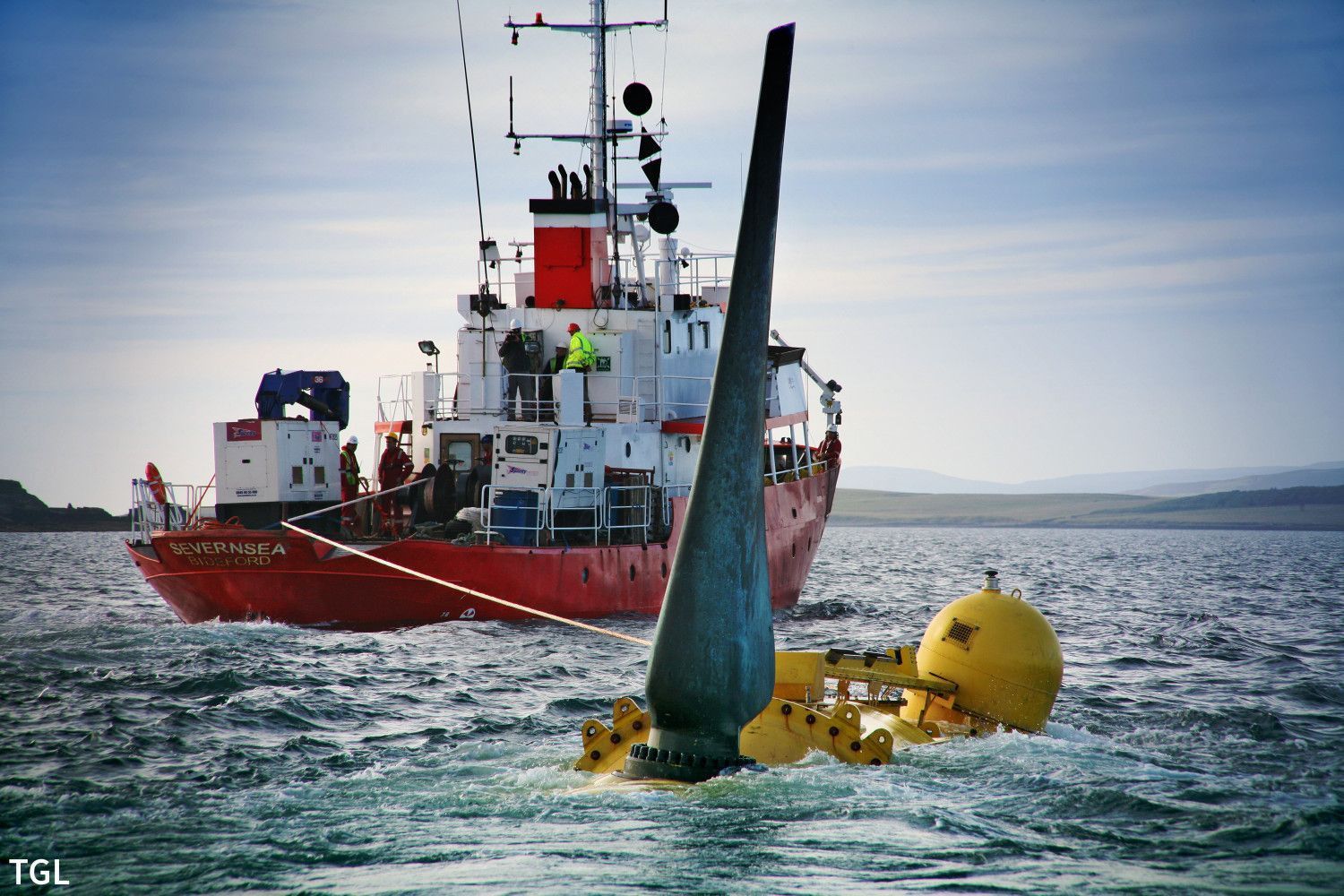Scotland and Europe have enjoyed a special relationship for centuries. Discover a little more about the ties that bind us in friendship.
From culture and the arts right through to business, tourism and even shared ideologies, Scotland’s relationship with Europe has many different facets and is as strong today as it has ever been. But did you know that the friendship and camaraderie that continues to blossom today can be traced all the way back to the days of one of Scotland’s most famous sons – William Wallace?
More than 700 years ago, way back in 1297, Scotland’s ‘Braveheart’ sent a letter to the mayors of Hamburg and Lübeck, in northern Germany. Known as the ‘Lübeck Letter’, this letter incredibly still exists and is a wonderful example of how Scotland was committed to fostering a positive relationship with our European neighbours. In it, Wallace encourages developing trade routes and speaks fondly of the friendship between the two countries:
“Andrew de Murray and William Wallace, leaders of the army of the kingdom of Scotland, and the community of the same kingdom, to their worthy, discreet and beloved friends the mayors and communes of Lübeck and Hamburg, greeting, and increase always of sincere friendship”.
Of course, Germany isn’t the only European country to share such close bonds – our ties with France have also been incredibly strong for many centuries. Formally known as the ‘Auld Alliance’ – or ‘Vielle Alliance’ in French – this was a treaty drawn up between Scotland and France to look out for each other in times of war. There was even an elite Scottish military unit established to act as bodyguards for the French monarchy for over 300 years.
Such is the strong connection between the two countries, that when Charles de Gaulle visited Edinburgh in 1942, he famously proclaimed that the alliance was the oldest in the entire world, before going on to say:
“No people has ever been more generous than yours [Scotland] with its friendship”.
Cultural connections
In the years that have followed, Scotland and Europe have enjoyed an incredibly fruitful relationship that has spanned several other areas. And in modern times, connections between us are particularly apparent in the performing arts. Not only is Scotland a hub for European arts – welcoming international productions for many years – but Scottish productions and performers are also regularly welcomed and honoured throughout Europe.
This can be traced back more than 70 years to the launch of the Edinburgh International Festival. In 1947, performers were invited from across Europe – and the world – to perform in the Scottish capital. In the years since, the festival has gone on to be revered for celebrating Scotland’s international cultural links

Alongside this was the breakaway movement known as the Edinburgh Festival Fringe – where performers who were not invited to the International Festival just simply showed up and put on their own event. Today the Fringe is the largest arts festival in the entire world and has spawned more than 200 similar festivals throughout Europe and beyond, all utilising its open-access model.
Bonds in business
Scotland also has an extensive network of ‘hubs’ throughout Europe that are designed to strengthen ties. Known as innovation and investment hubs, there are currently six of these offices (Dublin, London, Brussels, Berlin, Paris, Copenhagen) all dedicated to furthering Scottish and European interests. Designed to support trade, investment and innovation with the countries they are situated in, these hubs are the perfect platform to showcase the amazing things that can be achieved by working together.
Each of the hubs is different – being tailored specifically to the opportunities available in each host country. As well as promoting trade and inward investment, they are also known to cover wider economic opportunities including cultural collaborations, promoting Scotland’s world-leading research and innovation, and – crucially – strengthening diplomatic relationships.

We can already see some of the amazing ways that Scotland and Europe are collaborating in the business world, using our unique sets of skills to come together and help try and build a better world. Not only that, Scotland’s Orkney Islands are also home to the world’s only accredited marine energy laboratory. The European Marine Energy Centre (EMEC) enables collaboration to harness the power of the sea all around the world. Orkney was chosen as the site because the environment and weather conditions here make it the ideal location for researching and developing all kinds of marine energy projects.

It’s clear to see that Scotland and Europe have always enjoyed a strong friendship – a friendship that has lasted through the ages – and one that we are very keen to protect. Today there are nearly 250,000 Europeans who call Scotland home and their varied cultures and lifestyles help make Scotland such a vibrant nation.
The reason so many call Scotland home might have something to do with our world-renowned reputation for providing a warm and open welcome to everyone who comes here. In fact, as recently as 2019, Scotland’s capital city – Edinburgh – was named as one of the top 20 cities in the world for European migrants to live in – the only UK city to make the list.